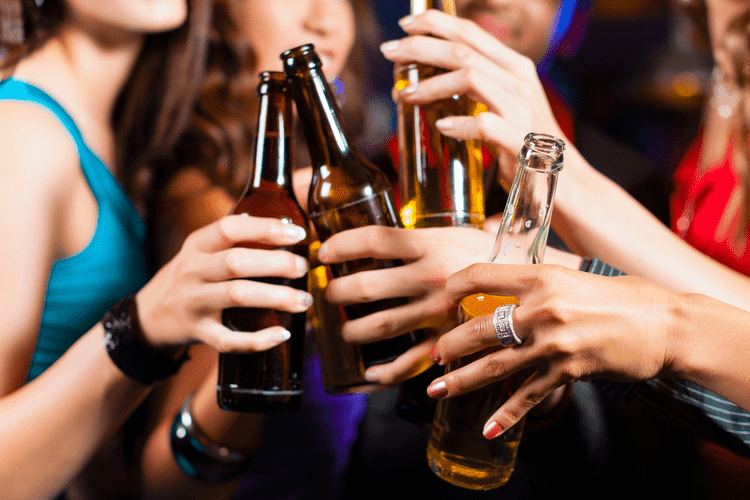Recognizing Relapse Triggers Addiction Treatment Tampa, FL
Because if we avoid the external trigger without treating the previous subjective cause, then the probability of relapse is high. The treatment of the subjective emotional state will help to provide a new meaning to that external stimulus, an action that we call to “re-meaning” the trigger. 5) People think that they have a better understanding of drugs and alcohol and, therefore, think they should be able to control a relapse or avoid types of relapse triggers the negative consequences. They may think that they are now able to drink or use drugs in a non-addict way but this isn’t the case. Understanding this incubation period is crucial for effective recovery strategies. Support networks and therapeutic interventions can be tailored to address these cravings, helping individuals remain engaged in their recovery.
- The importance of surrounding oneself with positive influences cannot be overstated; it creates an environment conducive to healing and sustainability in recovery.
- It’s crucial to remember that setbacks, such as relapses, are a part of the process, not a definitive endpoint.
- A strong and supportive network of people can serve as an anchor in your recovery.
Creating a Relapse Prevention Plan
Being aware of this connection helps in developing strategies to manage emotions without resorting to substances. Techniques like mindfulness, deep breathing, and journaling can aid in processing feelings healthily. Feelings of hunger, anger, loneliness, and tiredness—collectively known as HALT—are common internal cues that can lead to substance use if not managed effectively. Emotional states such as stress, anxiety, depression, or boredom often serve as internal triggers, especially when individuals attempt to cope without support. In recovery from substance use disorders, understanding the triggers that can lead to relapse is crucial. These triggers are broadly categorized into external and internal stimuli that evoke cravings or emotional responses.
Leveraging Grounding Techniques

Additionally, learning about co-occurring mental health conditions, such https://encommp.com/146-common-alcoholics-anonymous-slogans-sayings-3/ as anxiety or depression, can shed light on underlying factors that may have contributed to addiction. Knowing what to expect during withdrawal or periods of craving can help you create effective plans to cope with these challenges ahead of time. By understanding the complexities of addiction, you can make more informed decisions, dispel feelings of shame, and develop greater compassion for yourself throughout the recovery process. Therapists or counselors can assist in addressing the underlying issues that may have contributed to substance use, such as trauma, mental health conditions, or life stressors.
Deep Breathing, Exercise, Mindfulness

The researchers observed a rapid activation of the pathways related to drug cravings. When you see a doctor or mental health specialist, let them know that you are in recovery. Insisting on non-addictive prescriptions and alternatives to medication can Alcoholics Anonymous help eliminate a potential source of triggers. Unlock 10 powerful daily practices to strengthen your addiction recovery, stay focused, and build a healthier, more fulfilling life every day. Relapse prevention plans must include a list of people, places, and things that personally trigger.
